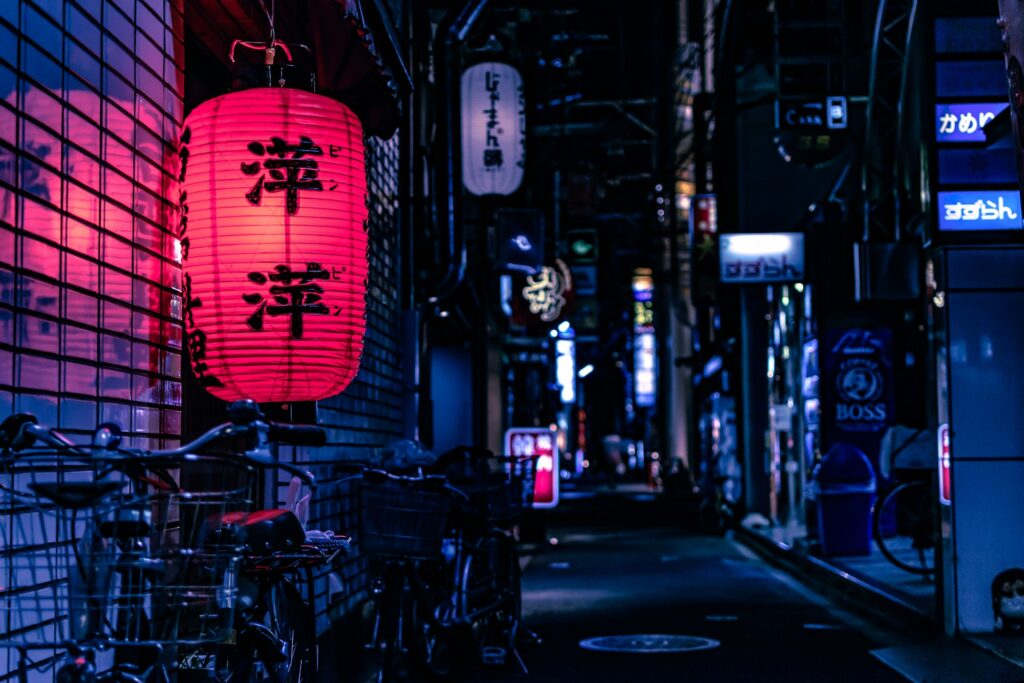Fukui-shi, commonly referred to as Fukui, is a city located in Fukui Prefecture, Japan. It is known for its rich cultural heritage, beautiful natural landscapes, and traditional handicrafts.
One of the highlights of Fukui is the Echizen Washi Village, where visitors can learn about the traditional art of making Japanese paper. The village features workshops and demonstrations where artisans create intricate paper products using ancient techniques that have been passed down through generations.
Fukui is also home to the beautiful Eiheiji Temple, a Zen Buddhist temple that was founded in 1244. The temple is set in a serene forested area and is a popular destination for those seeking spiritual enlightenment or simply a peaceful retreat from the hustle and bustle of city life.
In addition to its cultural attractions, Fukui is also known for its stunning natural landscapes. The Tojinbo Cliffs, located along the Sea of Japan, are a popular spot for sightseeing, offering breathtaking views of the rugged coastline and crashing waves below. The area is also famous for its rock formations, which have been sculpted by centuries of erosion.
For those interested in history, Fukui is home to the Ichijodani Asakura Clan Ruins, a historic site that was the former stronghold of the Asakura clan during the Sengoku period. The ruins include the remains of the clan's residence, as well as various artifacts and structures that provide a glimpse into Japan's feudal past.
Overall, Fukui offers a unique blend of cultural, natural, and historical attractions that make it a must-visit destination for anyone traveling to Japan. Whether you are interested in traditional arts and crafts, spiritual enlightenment, or simply exploring the beauty of the Japanese countryside, Fukui has something to offer for everyone.
What to explore:
1. Eiheiji Temple: A famous Zen temple founded in 1244 by Dogen, a great Zen master. The temple complex features beautiful gardens, traditional architecture, and is an important center for Zen meditation.
2. Fukui Castle: Also known as the Echizen Castle, this historic site dates back to the 16th century and offers a glimpse into Japan's feudal past. The castle grounds are now a park popular for cherry blossom viewing in the spring.
3. Ichijodani Asakura Ruins: A UNESCO World Heritage Site, these ruins are the remnants of a samurai residence complex dating back to the 15th century. Visitors can explore the reconstructed buildings and learn about the history of the Asakura clan.
4. Fukui Dinosaur Museum: One of the best dinosaur museums in Japan, this museum features a wide collection of fossils and interactive exhibits about prehistoric creatures. Highlights include a life-size replica of a T-Rex and a dig site where visitors can try their hand at fossil hunting.
5. Maruoka Castle: Built in 1576, this castle is known as the oldest surviving castle tower in Japan. The picturesque site is surrounded by cherry blossoms in the spring and is a popular spot for photo opportunities.
6. Takefu Knife Village: Known for its traditional Japanese knife-making craftsmanship, this village offers visitors a chance to see skilled artisans at work and purchase high-quality knives and kitchenware.
7. Tojinbo Cliffs: Located along the Sea of Japan, these dramatic cliffs offer stunning views of the ocean and unique rock formations. Visitors can take a boat tour to get a closer look or explore the nearby Tojinbo Tower for panoramic views.
8. Yokokan Garden: A traditional Japanese garden located in the heart of Fukui city, this peaceful oasis features meticulously manicured landscapes, teahouses, and a pond with colorful koi fish. It's a great place for a relaxing stroll or afternoon tea.
